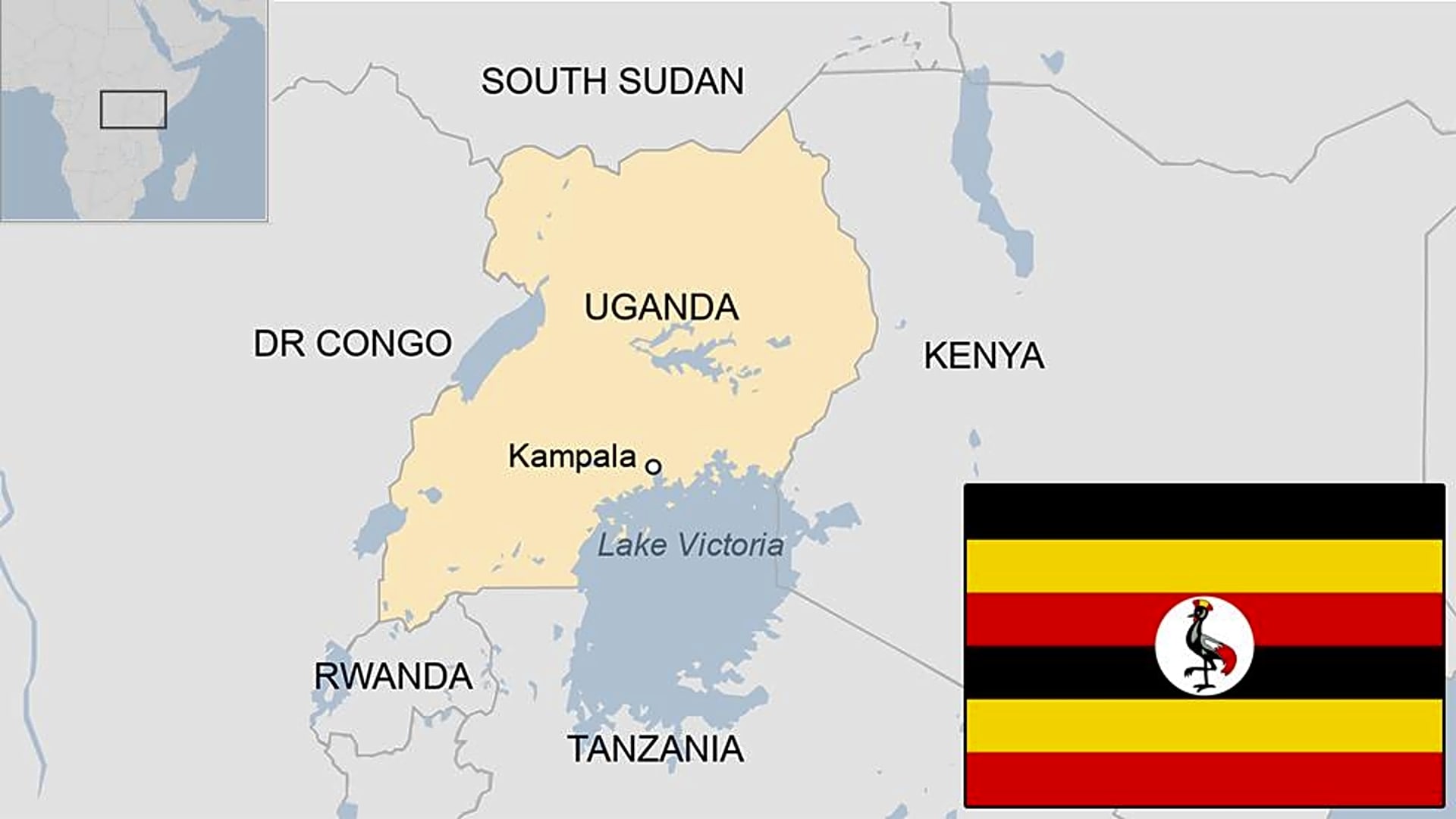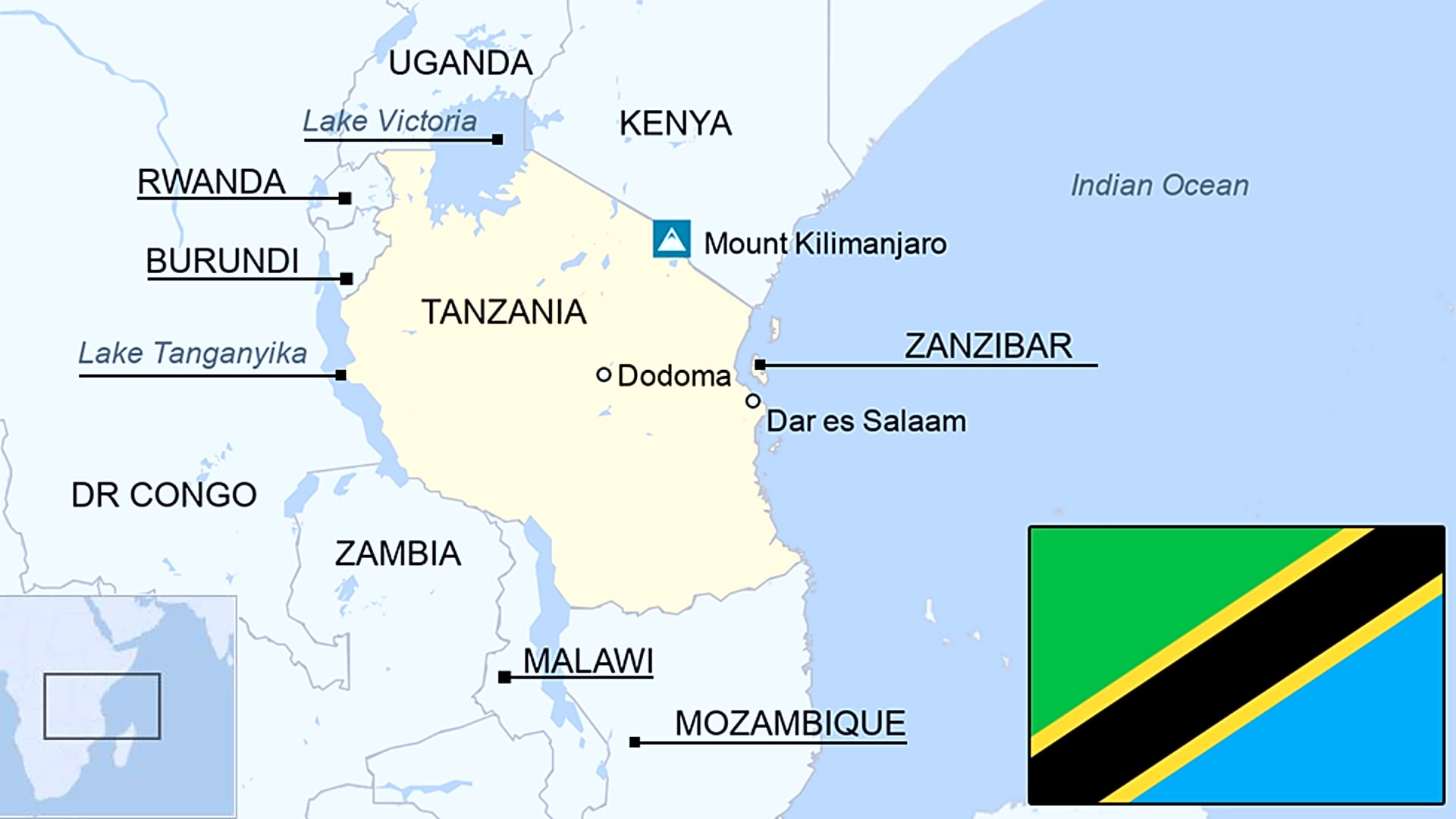Summarized by AI Model:facebook/bart-large-cnn
Thulile Mthethwa started Memeza in 2012 after her sister was viciously attacked in Tembisa, South Africa. The company created and produces the nation's first public alarm system, which is connected to community response networks and has official approval. It has worked with more than 240 police stations in South Africa, resulting in an 89% improvement in SAPS reaction times.After her sister was viciously attacked in Tembisa, Thulile Mthethwa witnessed firsthand the damage caused by gender-based violence (GBV) in South Africa. However, she made effective use of the knowledge when she established Memeza, her startup, in 2012. By utilising practical safety technologies and establishing direct connections with Community Policing Forums (CPFs), neighbours, family, friends, and the South African Police Service (SAPS), Memeza empowers South Africa’s most vulnerable populations.
The company created and produces the nation’s first public alarm system, which is connected to community response networks and has official approval. The method speeds up police response times to crimes and empowers communities to self-police.
The now-CEO, Elmarie Pereira, who had lost her sister to GBV, joined Mthethwa in 2015. The two are dealing with significant technological problems. With concerning rates of GBV and violent crime, South Africa is rated as the fifth most hazardous nation in the world. Thirty-eight million individuals lack access to private protection services because they reside in townships, informal settlements, and rural areas. According to Mthethwa, these areas mostly depend on community-driven crime prevention and public services like SAPS.
Underprivileged and thought to be too dangerous for private security agencies, Memeza is assisting disadvantaged communities. It created a process- and technology-driven strategy to address this, with the goal of lowering crime and GBV in these neighbourhoods. “Memeza has established a social enterprise that caters to both paying and non-paying communities through a public-private partnership model,” Mthethwa stated.
Through partnerships with organisations including Business Against Crime, Eyes and Ears Project, AURA, SAFERCITY, and BLUE HAWK, Memeza works with the private security sector. “Memeza collaborates with these organisations to combat crime, particularly in underprivileged, high-risk communities, rather than competing with them,” Mthethwa stated.
Memeza has worked with more than 240 police stations in South Africa, resulting in an 89% improvement in SAPS reaction times to crimes. More than 3,000 community-based employment, more than 5,000 community policing alarms, and 243 communities nationwide have been reached by Memeza to date. “In addition, over one million personal alarms have been distributed to vulnerable individuals in nine provinces,” Mthethwa said. The company operates through a dual revenue model. For communities that can afford it, products are sold directly. “For those that cannot, Memeza relies on government and corporate sponsorships. This model allows Memeza to provide safety solutions across various income levels,” Mthethwa said.
Important accomplishments include a 98 percent theft prevention rate in more than 180 free rural and township schools, where ICT labs are also secured, and a 67 percent decrease in sexual offences during a pilot in Mashamplane, Johannesburg. It only works in South Africa at the moment, but it intends to spread to other African nations where GBV is common. Mthethwa stated, “Memeza wants to have an 80% presence in South Africa and 20% in the larger African market over the next five years.”


